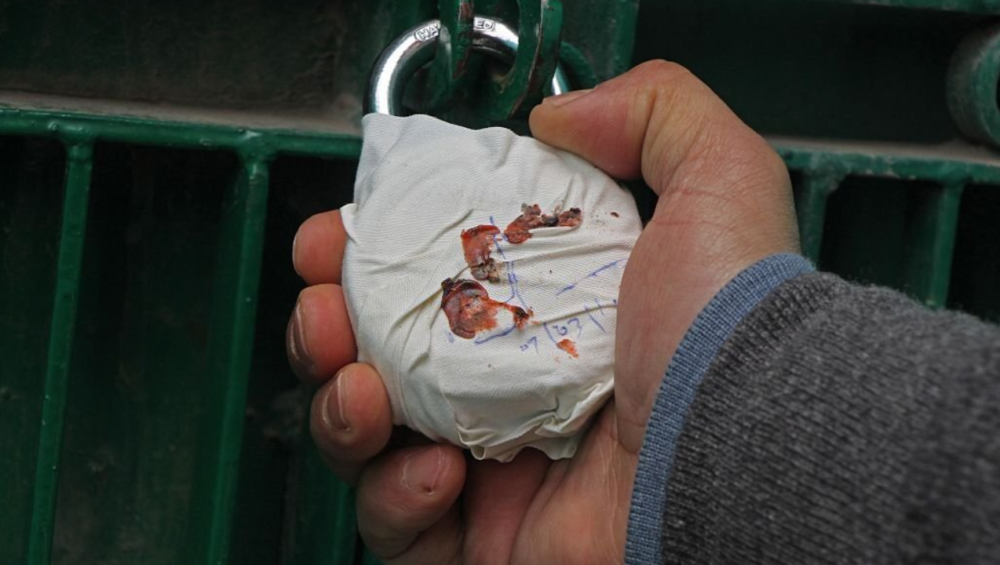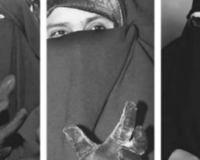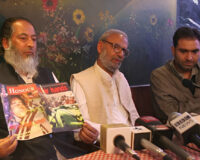Jamaat-e-Islami – A socio-politico-religious organization in the Indian sub-continent was founded by Syed Abul Aala Maududi in 1941 in Lahore. Though Jamaat-e-Islami Jammu and Kashmir has ideological similarities with Jamaat-e-Islami India and Pakistan, but maintains a separate constitution and different modus operandi on account of the disputed nature of Jammu and Kashmir. Jamaat since its inception challenged the political hegemony of India and launched political awareness campaigns within the state. Sheikh Abdullah extended the emergency declared in India by the Indira Gandhi regime to J&K in 1975 and banned Jamaat and schools run by it. Jamaat detested Shaikh Abdullah’s move to end the plebiscite front and opposed the Indira-Abdullah accord. Jamaat challenged Abdullah by contesting against him and his party in 1977’s parliamentary elections. This culminated in a conspiracy hatched against Jamaat on the occasion of Bhutto’s hanging in Pakistan in April 1979. The property of Jamaat members, worth crores, was damaged by state-backed mobs.
Muslims of Jammu and Kashmir under the banner of Muslim United Front in 1987, of which Jamaat was the major faction, decided to contest assembly elections that were marred by mass-scale rigging. The rigged result subsequently led to initiation of armed resistance against the Indian occupation.
Government forces and government militia (Ikhwan) in a bid to wipe out Jamaat decided to go for a ” Catch and Kill operation.” which is the worst example of state sponsored terrorism.
This study analyzes the violence perpetrated against Jamaat-e-Islami Jammu and Kashmir in different phases and will analyze how arrest, torture, and murder were used as tools of political violence by the state apparatus against Jamaat.
This fact-finding report has documented 43 testimonies of the Jamaat-e-Islami members who were subjected to ‘Atrocity crimes’ by the Indian occupying authorities in IOJK during the 1990s. This report has also documented the 1979 state-backed mob violence against Jamaat through interviews as well as by examining the available documentation.
The researchers were not able to carry out any interviews to document the contemporary wave of repression because of the heightened vigil, surveillance, and fear of being hounded by the Indian agencies.






